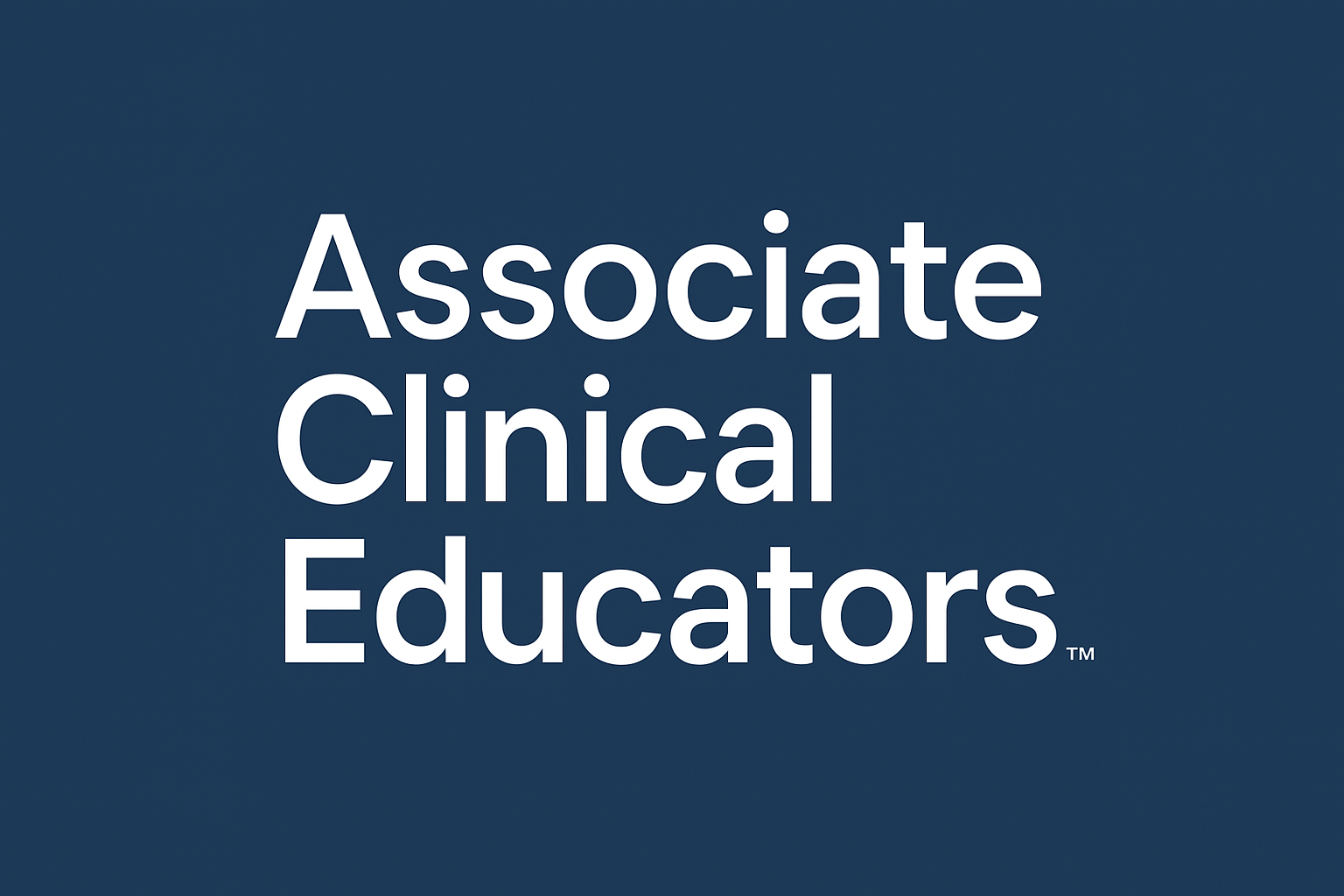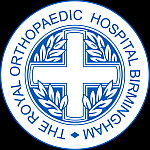In Conversation With Senior Associate Clinical Educator Mark Reynolds
A few subscribers have asked me to expand further on the role of the ACE, and this is a transcript of an interview I did with fellow ACE Mark Reynolds a few years ago. It still has relevance today and should answer any questions...
Read More

